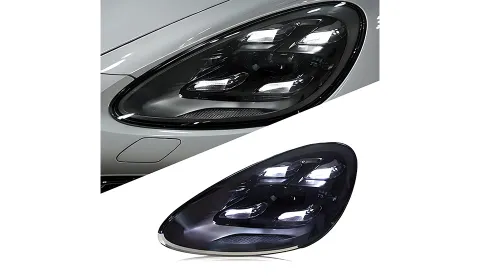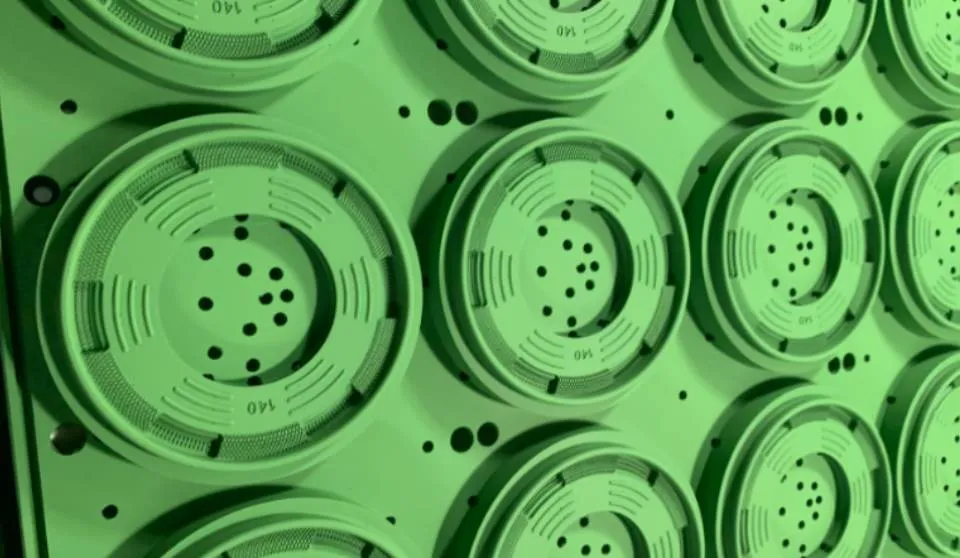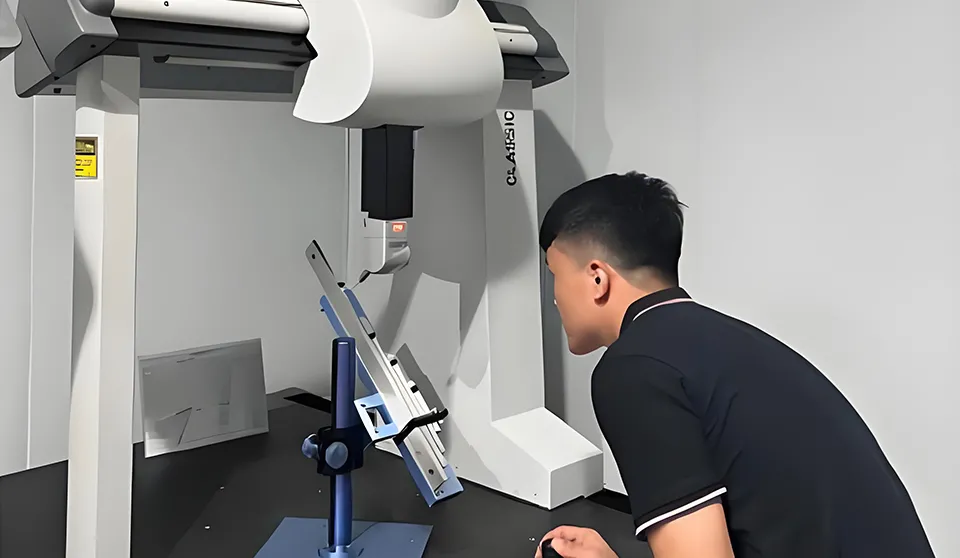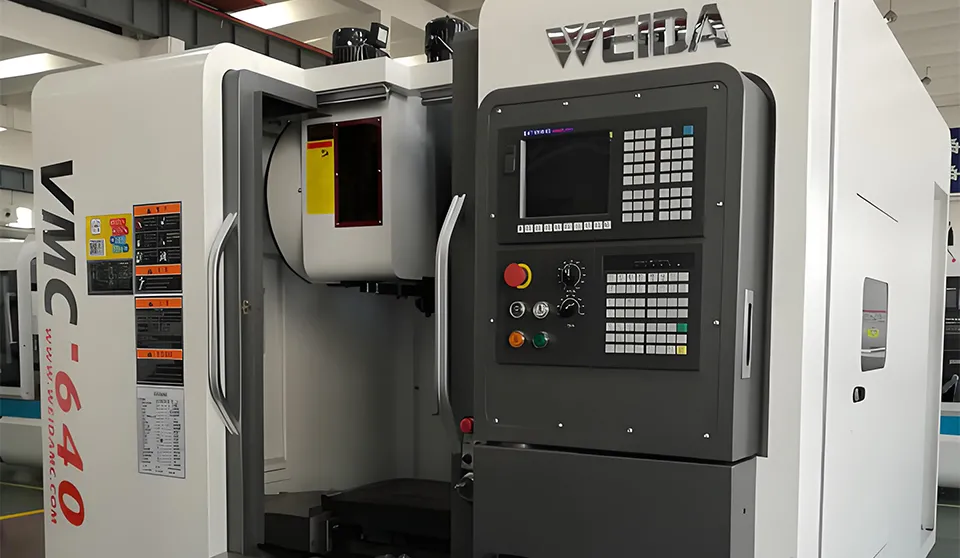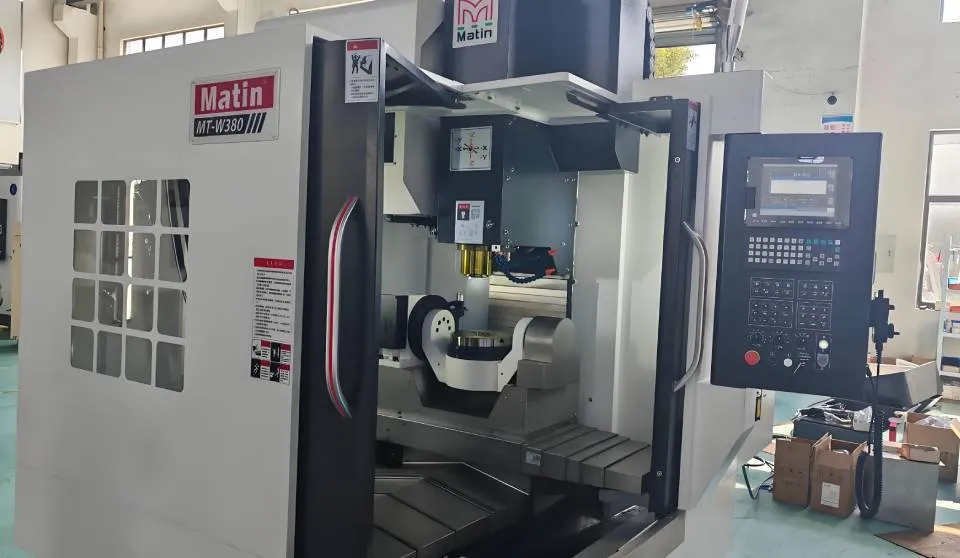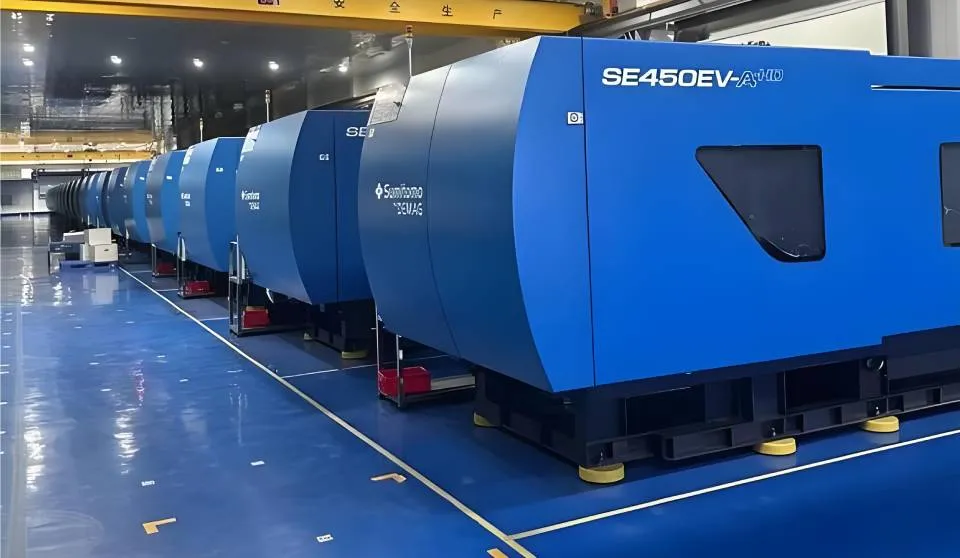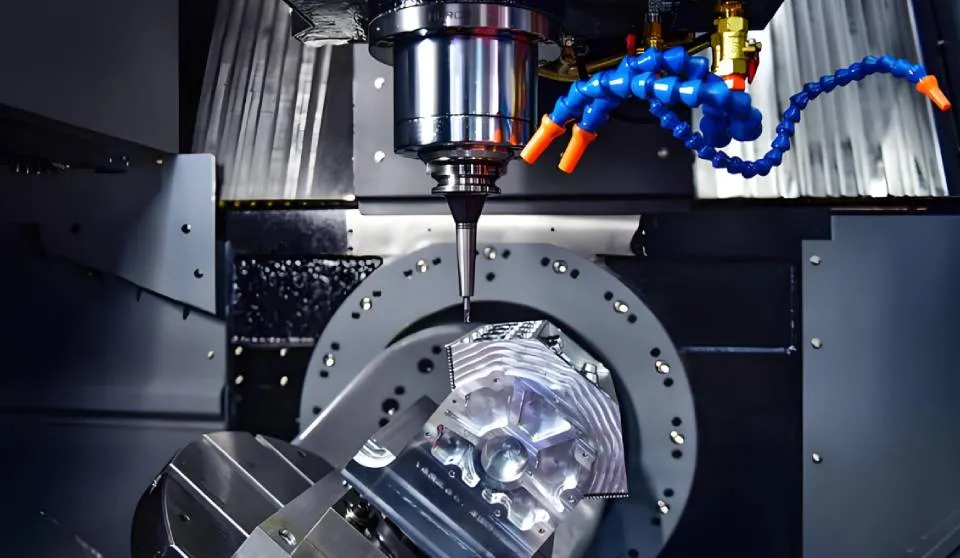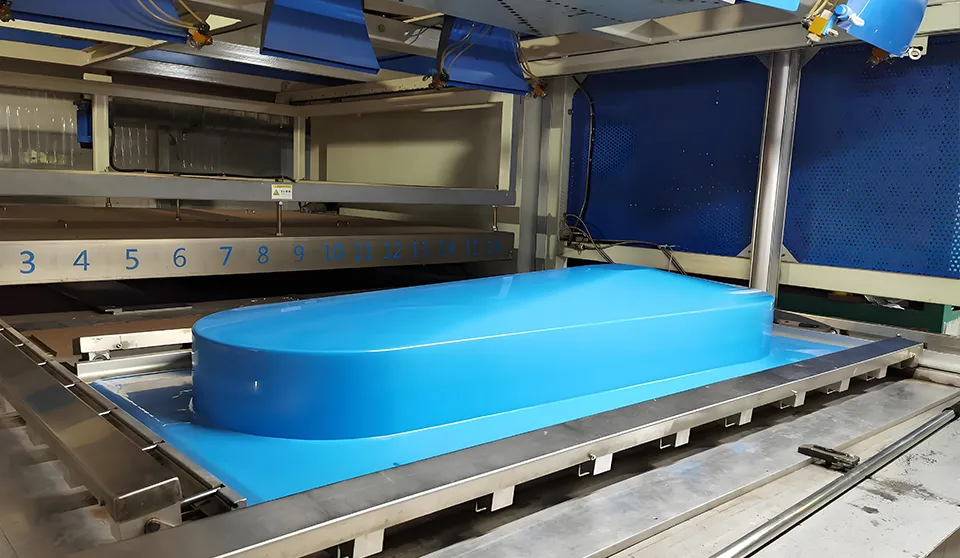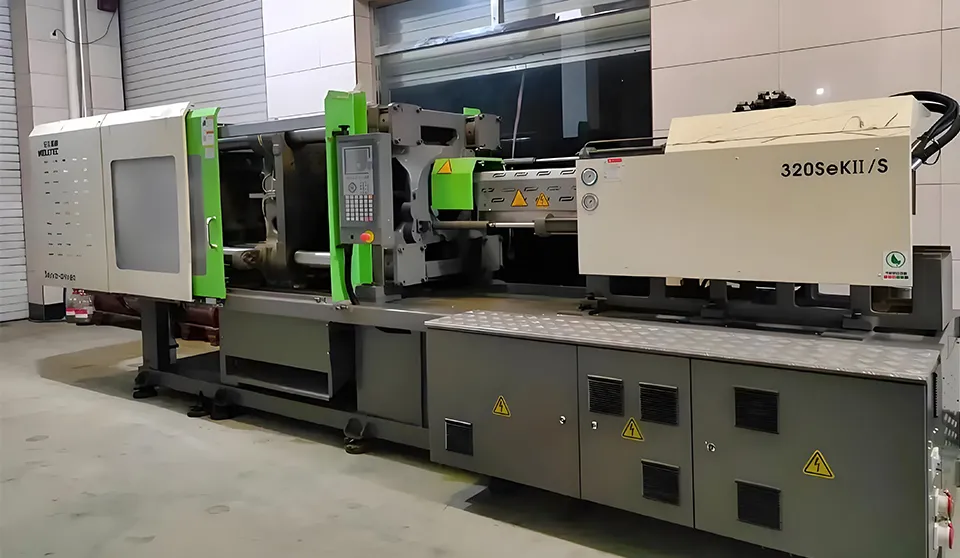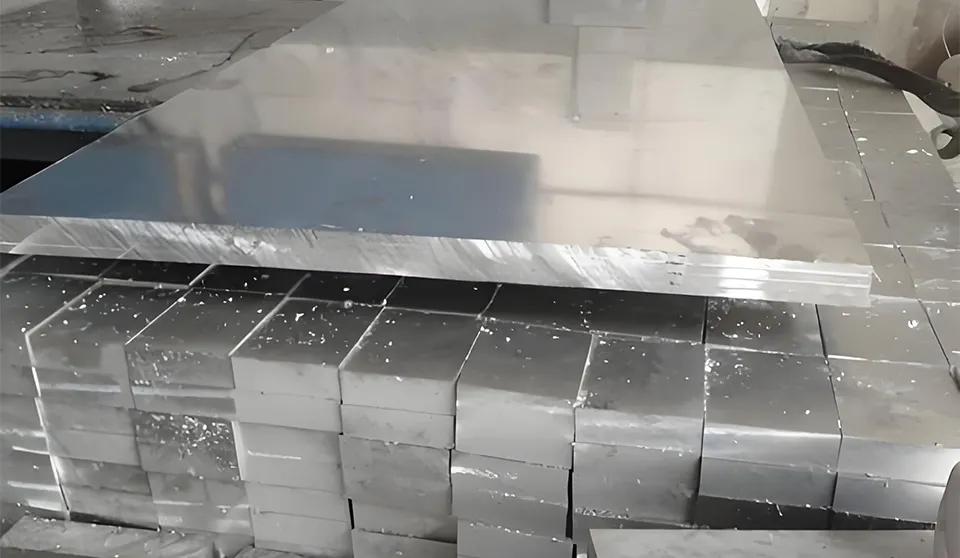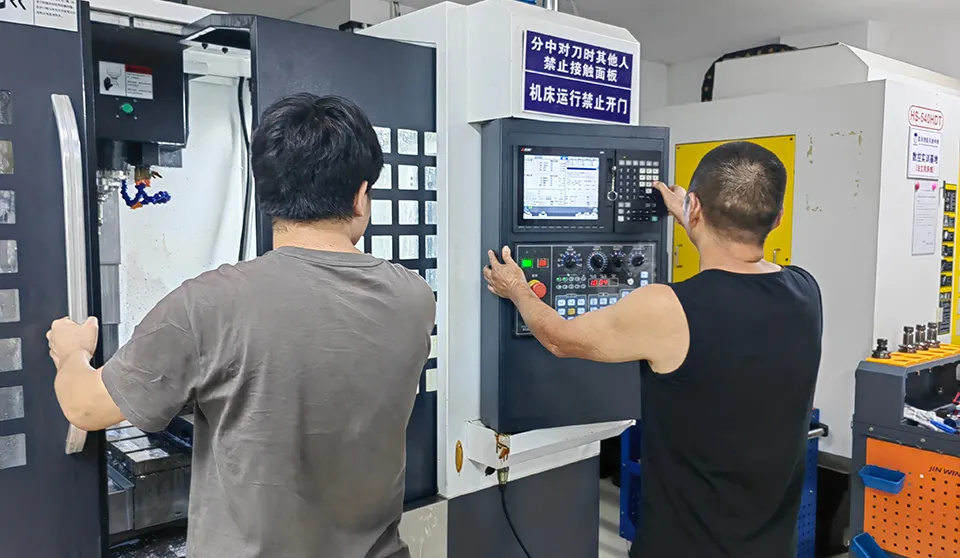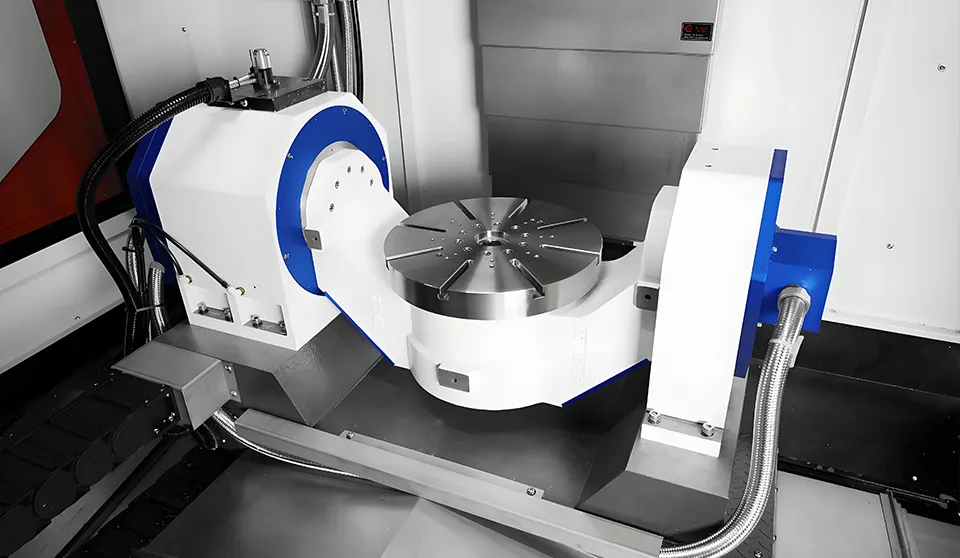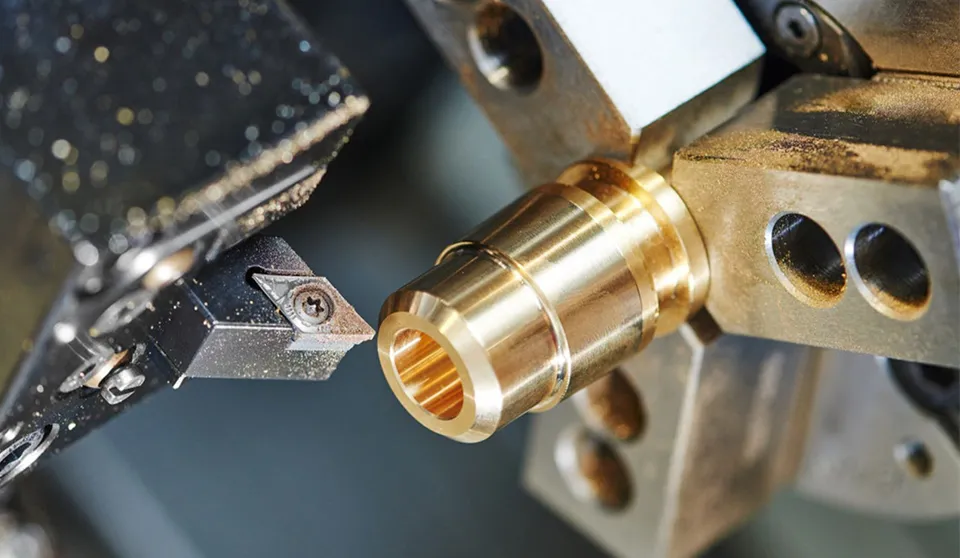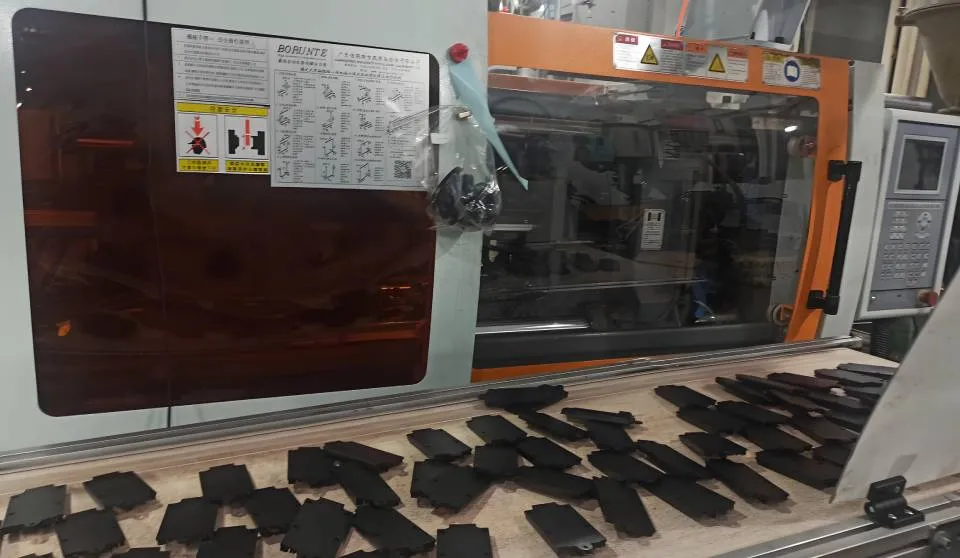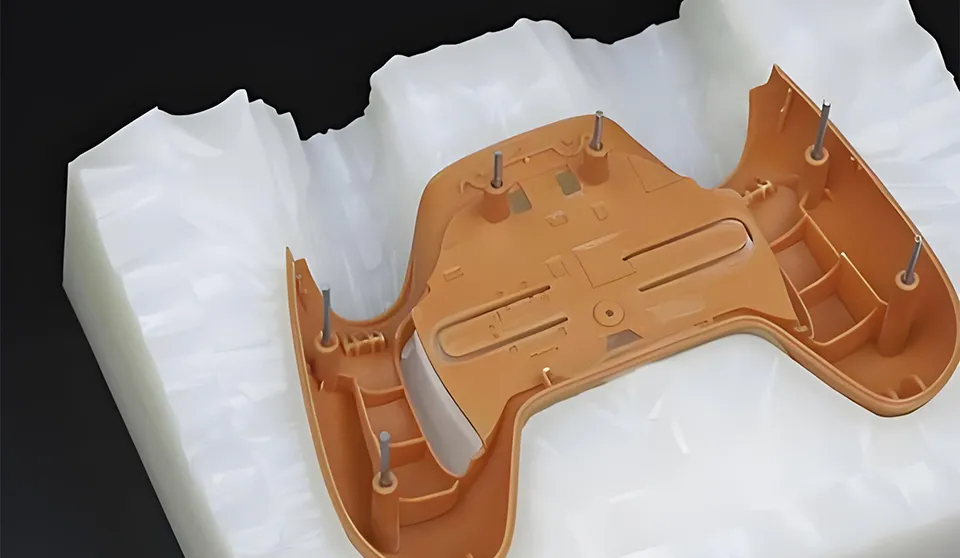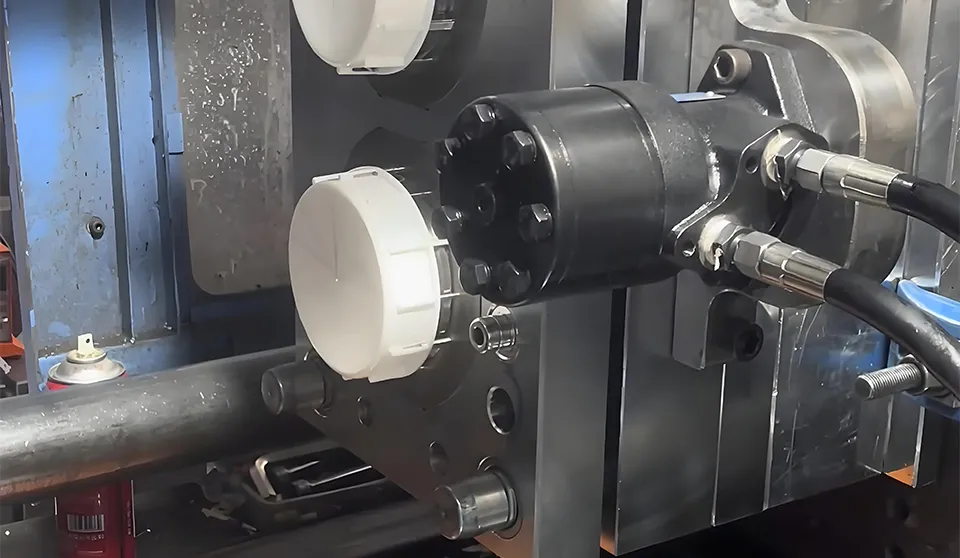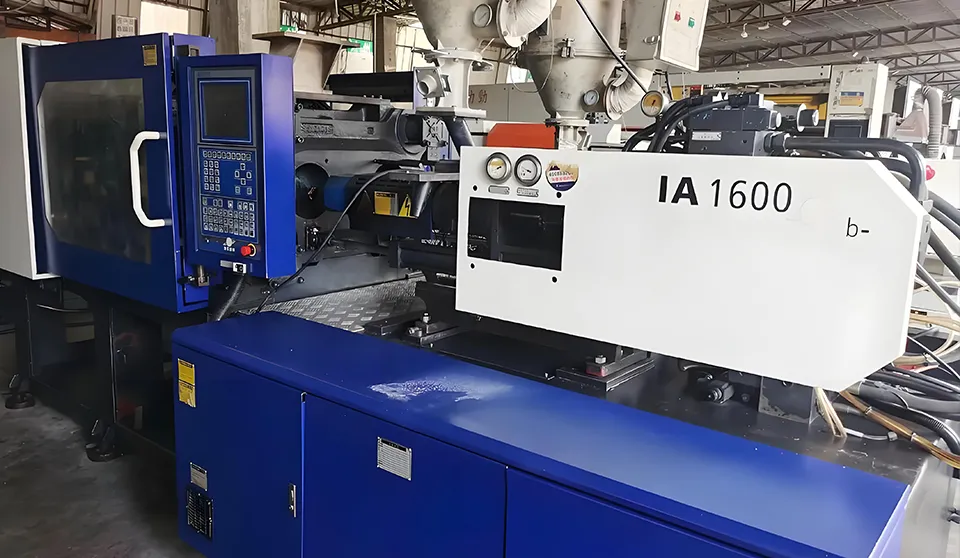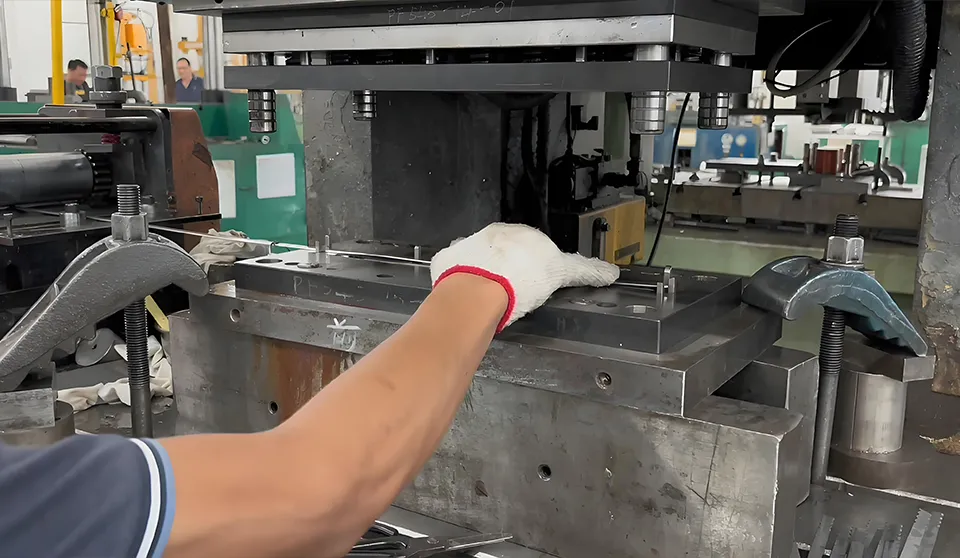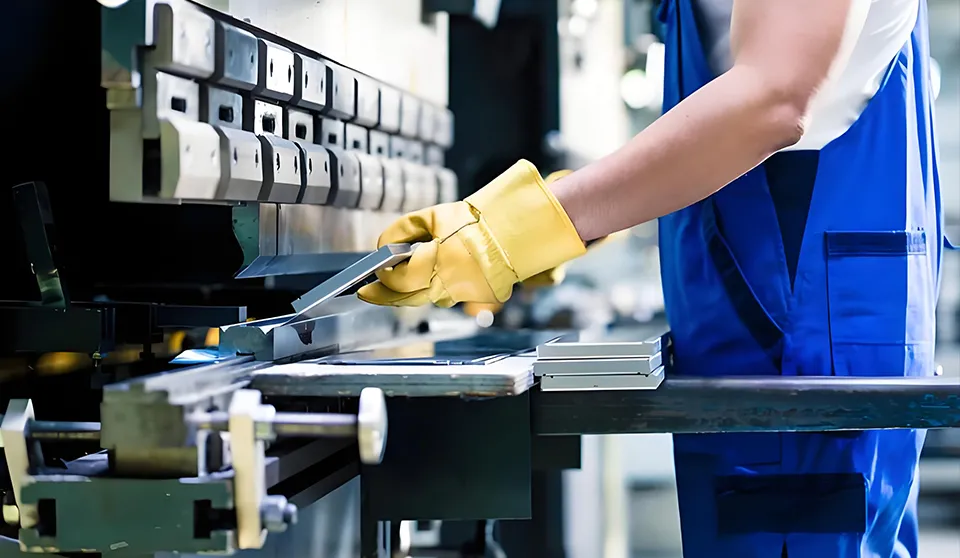Language
20% off your first order. Save up to $1,000/€1,000. Ends 31 Dec 2024.
IATF16949:2016
ISO13485:2016
ISO9001:2015
Call Us 24/7
+86 135 1000 5651
Send Mail Us
Language
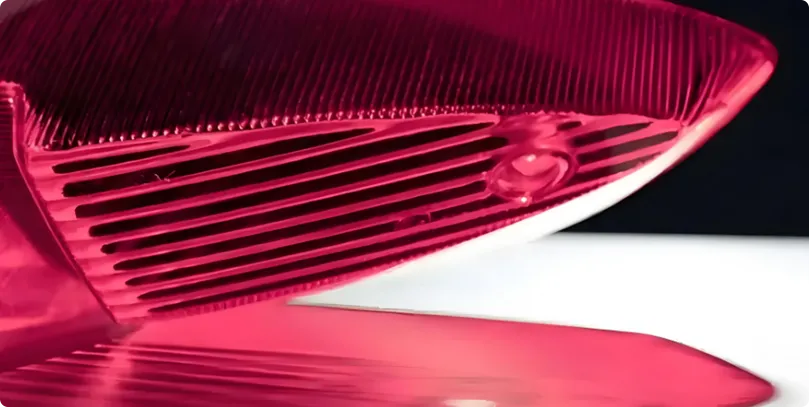
Our Custom Vacuum Casting Service
We specialize in providing customized vacuum casting services for silicone molded parts. The advanced vacuum casting process can accurately control every detail of the product, effectively reduce the generation of bubbles, and greatly improve the precision and quality of the product.
Our advantage is that we have an experienced technical team and can provide a full range of customized solutions from product design to final molding according to your unique needs. No matter what complex shape of silicone molded parts you need, we can present it to you perfectly with professional vacuum casting technology, helping your project move forward efficiently and without worrying about quality.
Our Vacuum Casting Capabilities
We have three quality certification systems (ISO 9001:2015, ISO 13485, IATF 16949:2016) to ensure the accuracy and durability of each of your silicone molded parts.
In terms of quality, we use the highest standards to manufacture your vacuum cast parts, including product wall thickness, surface finish, etc.
In terms of efficiency, each of our vacuum silicone molds can be reused about 20-30 times, allowing parts to be created quickly and easily.
In terms of manufacturing range, we can cast parts of any shape and size for you, from headphones to 2-meter-long car bumpers.
In terms of manufacturing tolerances, our strict tolerance control is ±0.03 to ±0.05 mm, which is enough to meet any manufacturing tolerance requirements in the world.
Vacuum Casting Processing Materials
Silicone Mold Materials
ABS-like Resin
PC-like Resin
PMMA (Acrylic)-like resin
POM-like resin
PA (Nylon)-like resin
PE-like resin
PEEK-like resins
PVC-like resins
PP-like resins
HDPE-like resins
HIPS-like resins
PBT-like resins
PPA-like resins
PAI-like resins
PET-like resins
PPS-like resins
PS-like resins
PTFE (Teflon)-like resins
ABS-like Resin
ABS alternative material, ABS resin is a compound with a high polymerization degree, large molecular weight, and strong mechanical properties. It has similar physical and chemical properties to ABS.
PC-like Resin
PC alternative material, PC resin is a common vacuum-casting material with the characteristics of lightness and strong impact resistance. It has similar physical and chemical properties to PC.
PMMA (Acrylic)-like resin
This is a resin material with PMMA characteristics, which is widely used in construction, automobiles, electronic equipment, and other fields
POM-like resin
POM-like has good comprehensive performance and colorability, high elastic modulus, and similar physical and chemical properties to POM.
PA (Nylon)-like resin
PA resin is a material with high hardness and is more suitable for making high-strength structural parts.
PEEK-like resins
Resins similar to PEEK in chemical and physical properties are commonly used in vacuum casting.
PVC-like resins
PVC-like resins are a versatile and cost-effective material known for its mechanical strength, durability and chemical resistance, suitable for a variety of applications in the construction, packaging, electrical and consumer goods sectors.
PP-like resins
PP-like resin, often referred to as polypropylene-like resin, is a type of thermoplastic polymer that mimics the properties of polypropylene (PP).
HDPE-like resins
HDPE-like resins, or high-density polyethylene-like resins, are thermoplastic polymers that exhibit properties similar to those of HDPE.
HIPS-like resins
HIPS-like resins offer a balance of toughness, aesthetic appeal, and cost-effectiveness, making them popular in various industries, particularly in consumer products and packaging.
PBT-like resins
PBT-like resins are versatile materials that combine strength, stability, and chemical resistance, making them ideal for a variety of applications in the automotive, electrical, and consumer goods industries.
PPA-like resins
PPA-like resins or polyphthalamide-like resins are high-performance thermoplastics that combine the properties of polyamides (nylons) with those of aromatic polyamides.
PAI-like resins
PAI-like resins are high-performance materials that have excellent thermal and mechanical properties, making them ideal for demanding applications in the aerospace, electrical, automotive and industrial sectors.
PET-like resins
PET-like resins or polyethylene terephthalate-like resins are thermoplastic polymers with the same properties as polyethylene terephthalate (PET).
PPS-like resins
PPS-like resins are high-performance materials with excellent thermal, mechanical, and chemical properties, ideal for a variety of demanding applications in the automotive, electrical, industrial, and aerospace sectors.
PS-like resins
PS-like resins are a versatile and cost-effective material known for their light weight, good rigidity, and easy processing, suitable for a variety of applications, especially in packaging, consumer goods, and insulation materials.
PTFE (Teflon)-like resins
PTFE-like resins are high-performance materials known for their outstanding chemical resistance, thermal stability, and low friction properties. These qualities make them suitable for a diverse range of applications in cookware, electrical insulation, industrial seals, and medical devices.
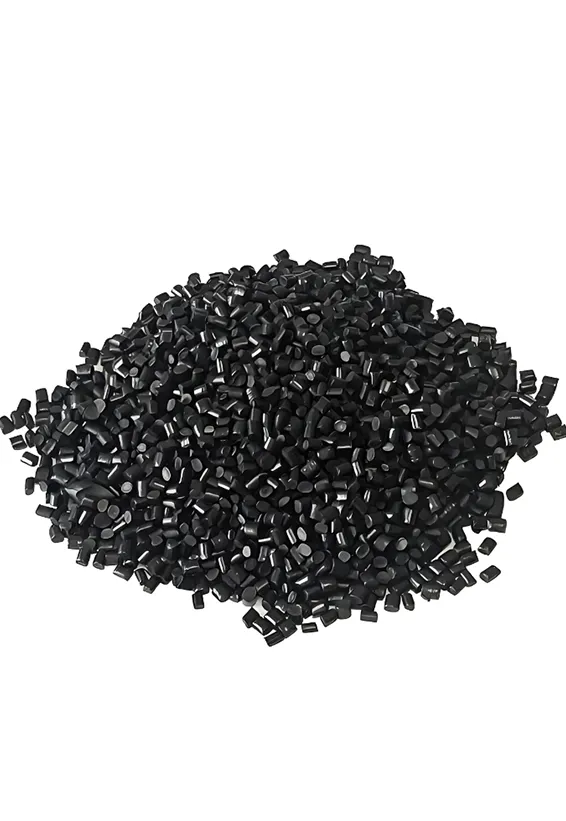
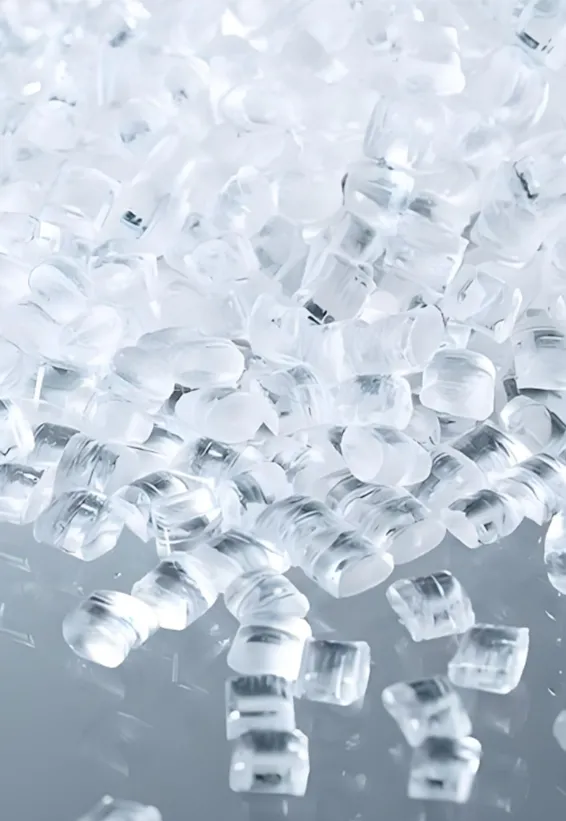
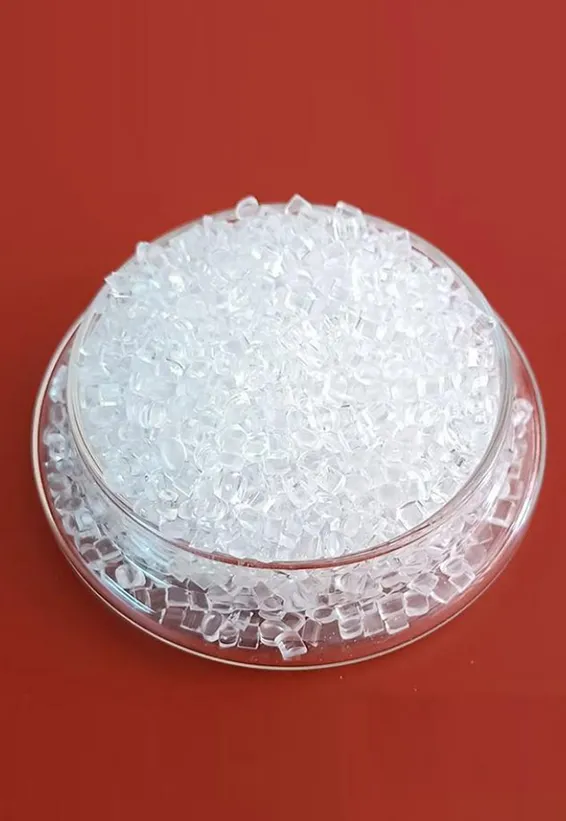
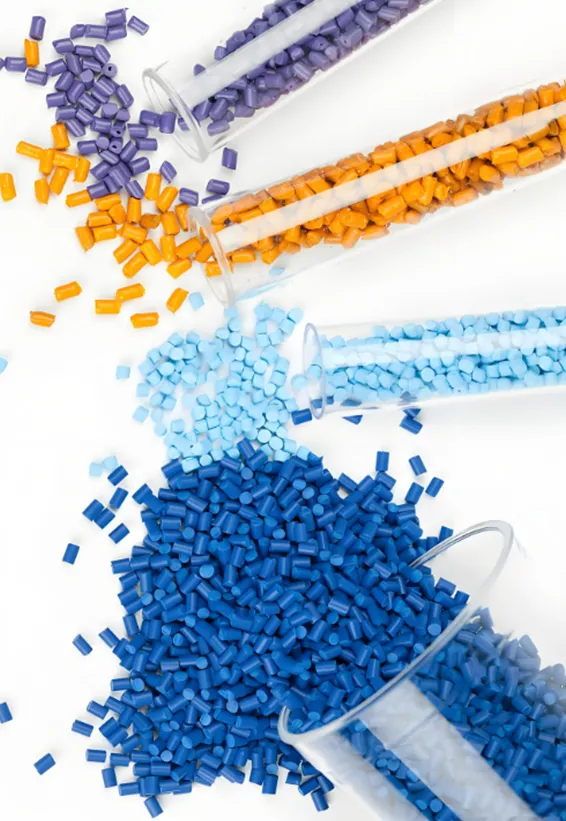
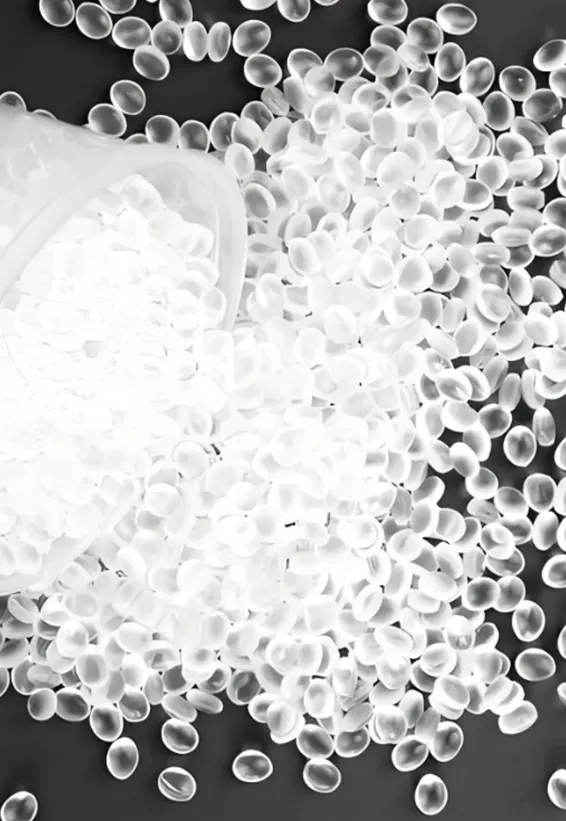
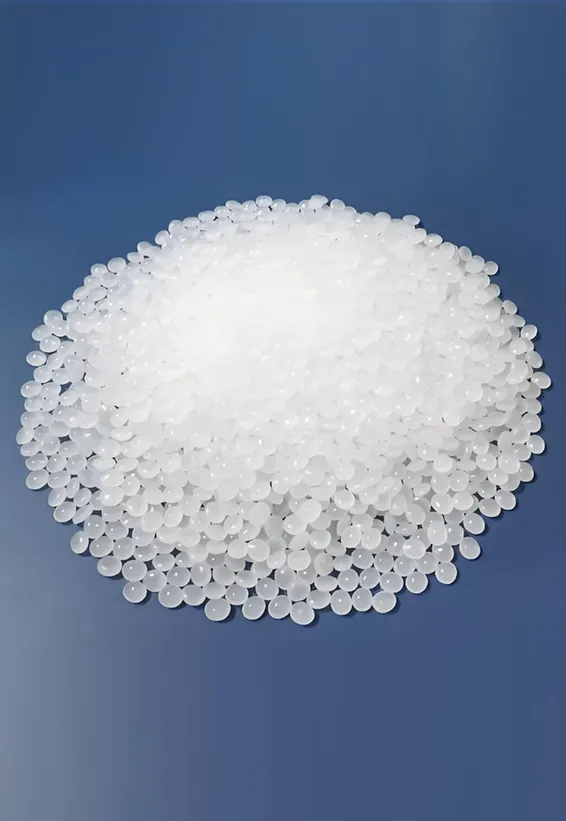
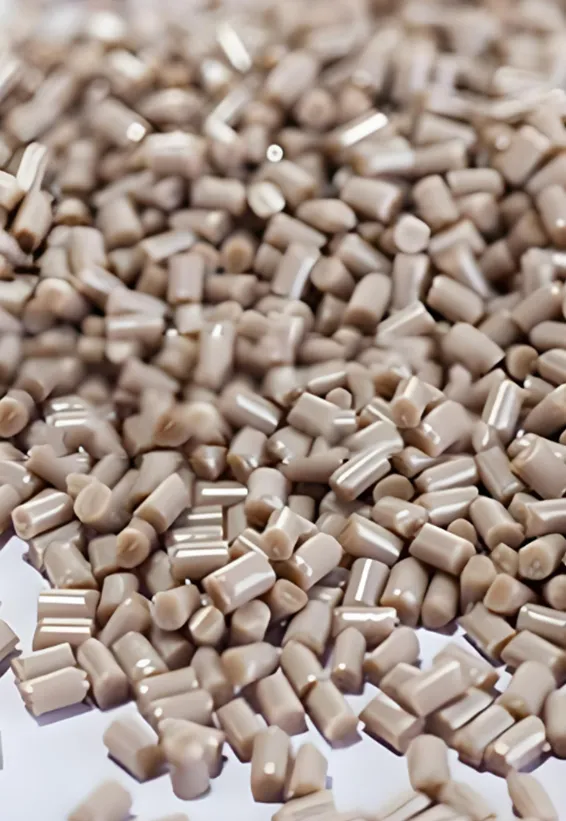
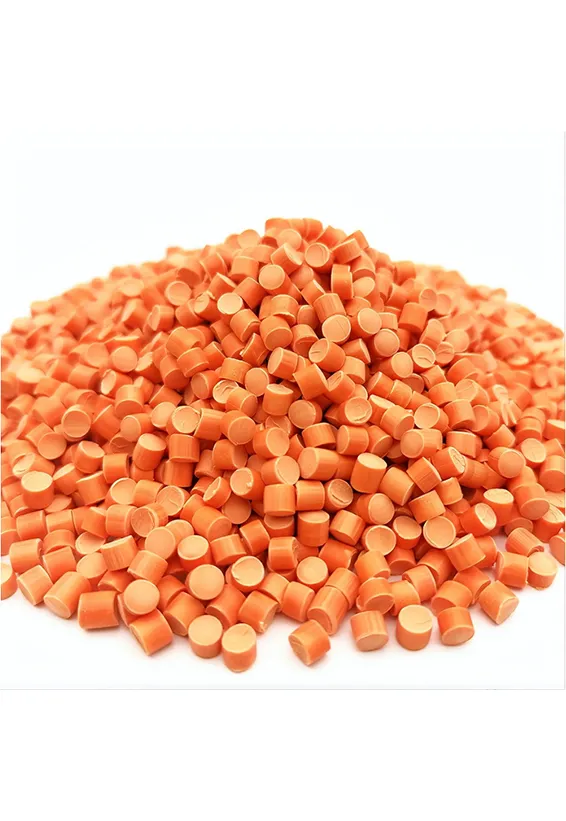
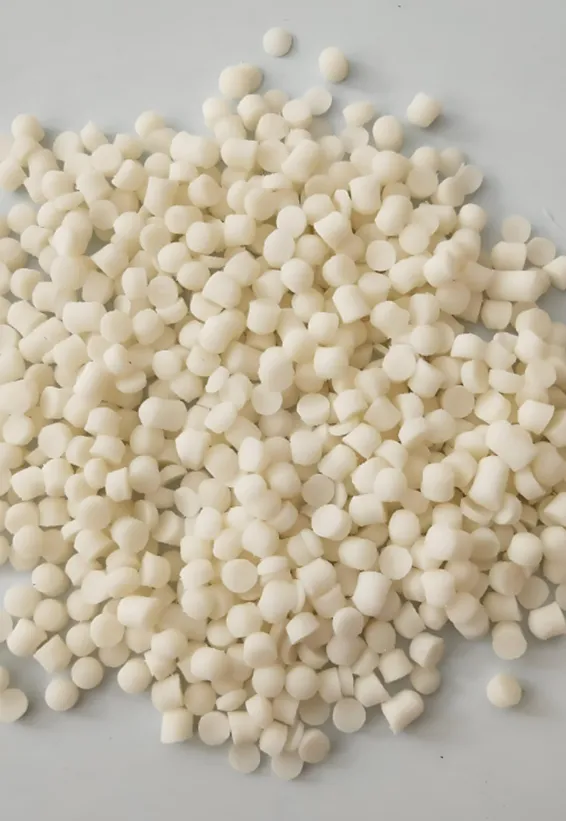
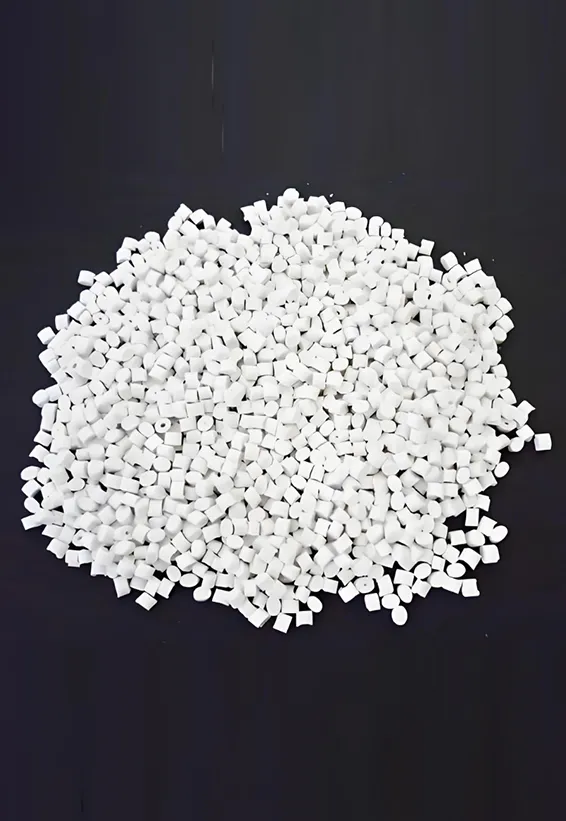
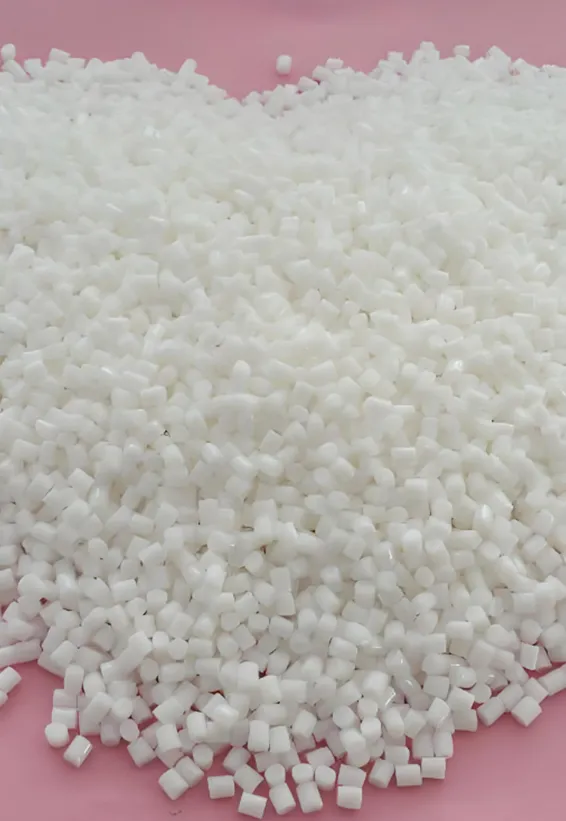
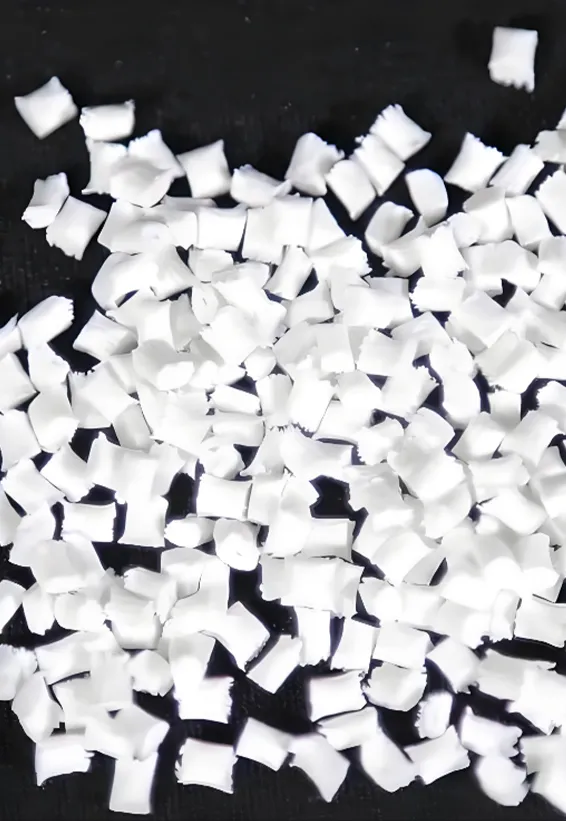
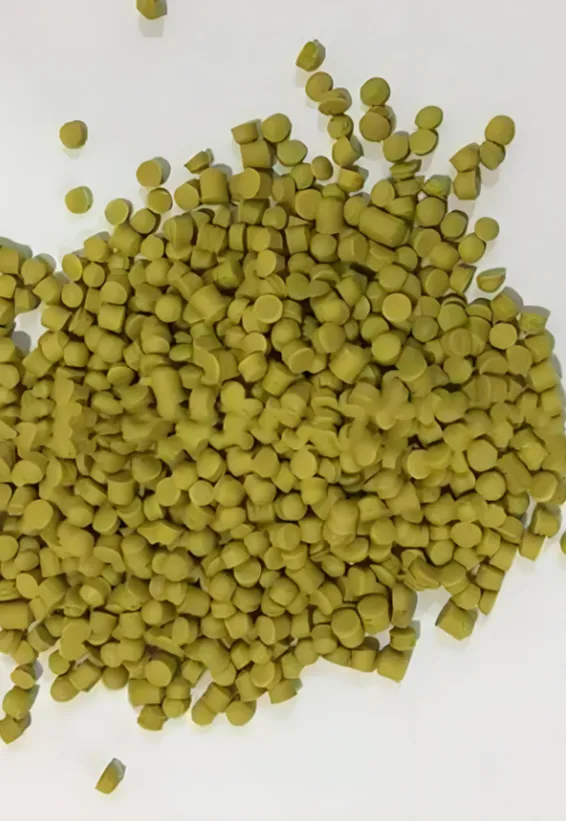
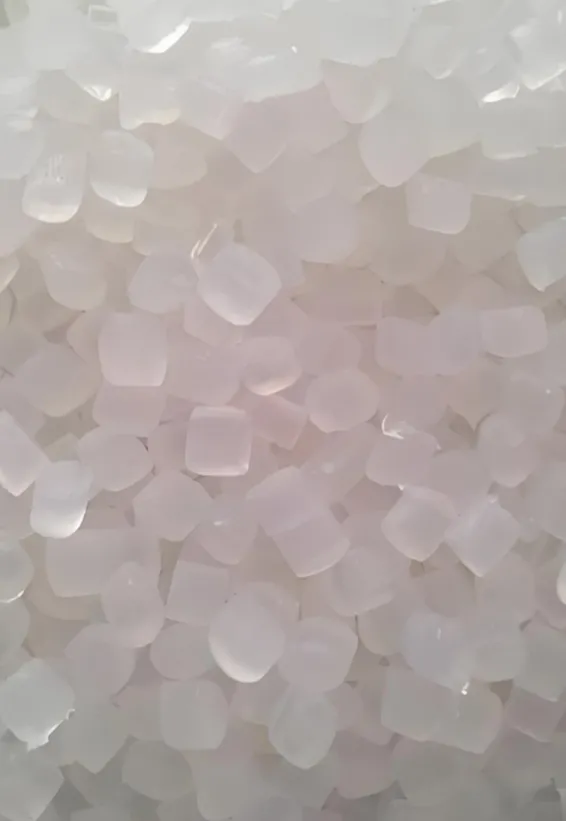
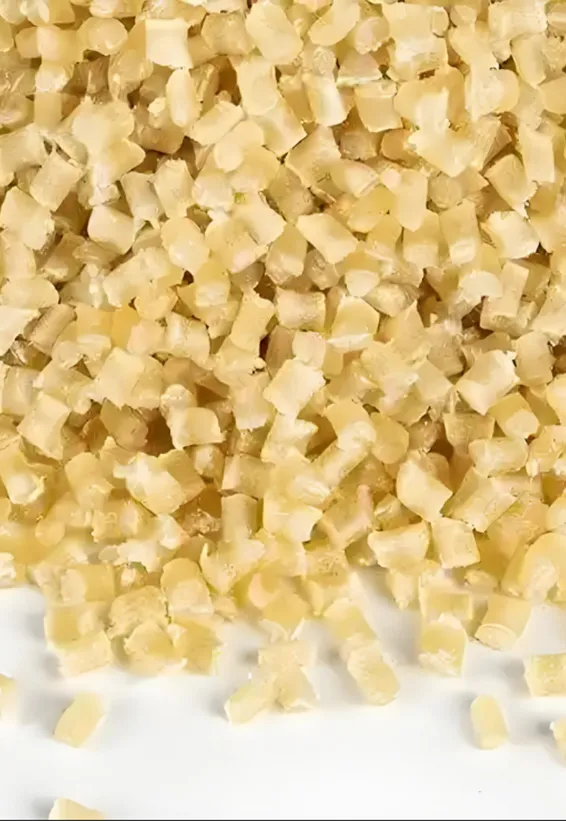
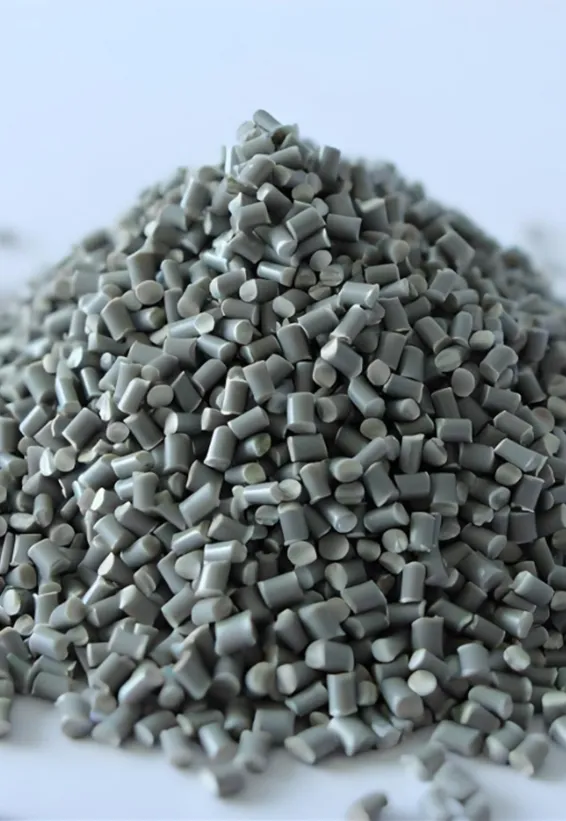
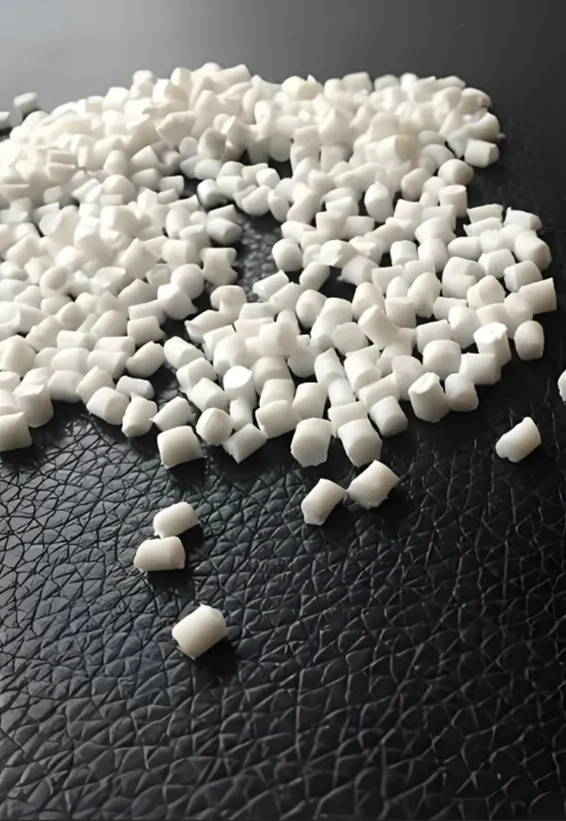
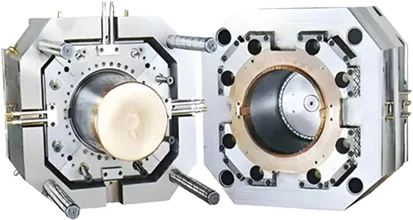
Put Your Parts Into Production Today
Our Vacuum Casting Surface Service
As a professional silicone molded parts manufacturer, the vacuum casting surface treatment service we provide is a model in the industry. Whether it is delicate gloss or excellent wear resistance, our vacuum casting surface service can make your silicone molded parts stand out from many products and protect the quality of your products.
Our Core Advantages
01.
Exquisite craftsmanship
Using a unique process to effectively avoid bubbles, ensure that the surface of the parts is smooth and flat with high precision.
02.
Advanced Equipment
With advanced equipment and superb technology, the parts treated by vacuum casting surfaces have reached or even exceeded industry standards.
03.
Customized Service
We can accurately control every link, and customize exclusive surface treatment solutions according to the diverse needs of customers to improve the gloss and wear resistance of parts and make the products stand out.
RT Vacuum Casting Parts Color Customization Service
RT MANUFACTURE provides a wide range of color options, including classic pure black, gorgeous metallic colors and customized special colors. With exquisite craftsmanship and strict process control, we ensure uniform and stable colors. From small batch manufacturing to large batch molding, we provide you with one-stop color customization services.
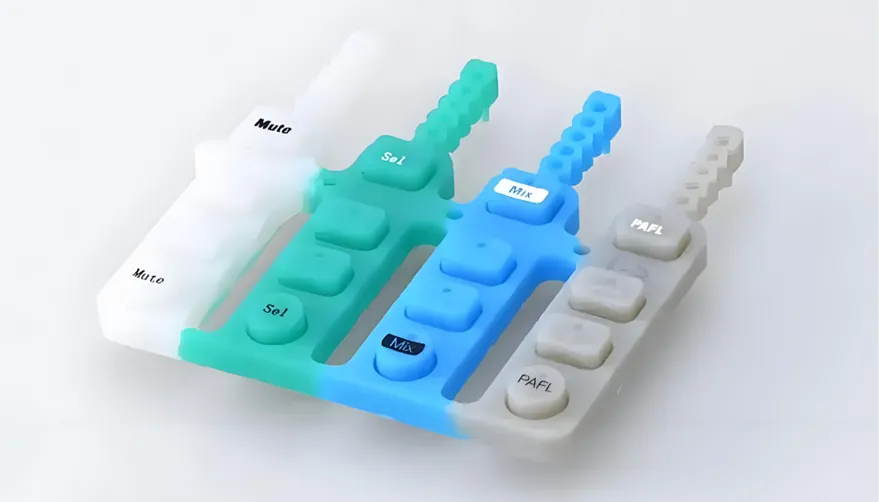
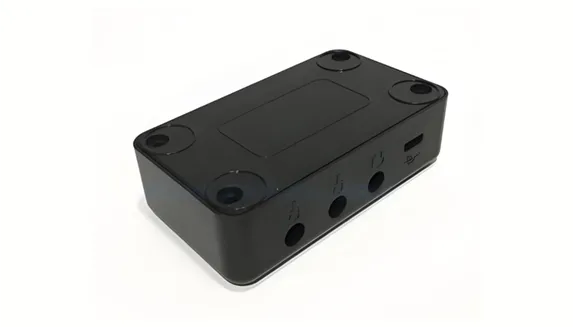
Vacuum Casting Application Areas
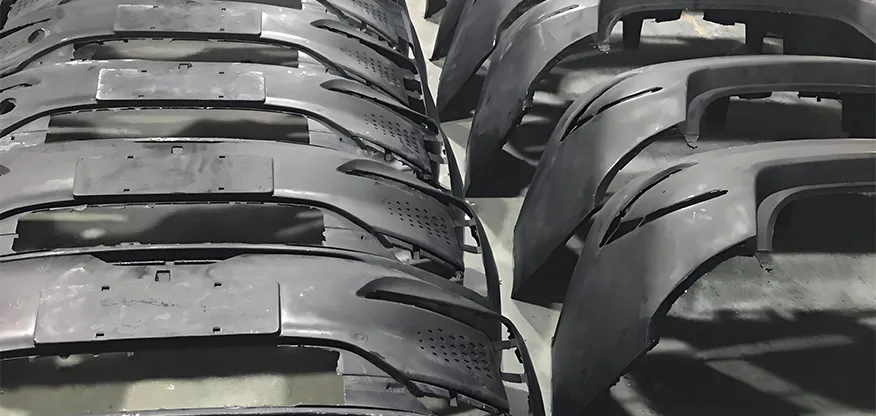
Automobile Manufacturing Industry
In the automotive manufacturing industry, vacuum casting is used to produce a variety of parts. These parts require high mechanical properties and surface quality, and vacuum casting can meet these requirements to ensure the reliability and durability of automotive parts.
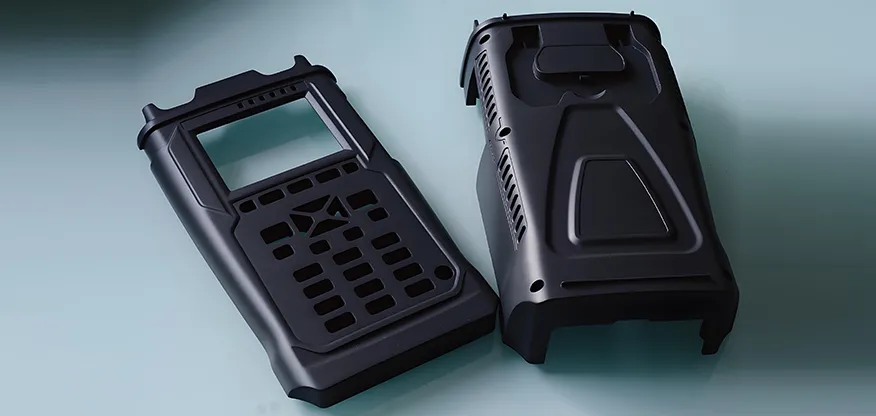
Consumer Electronics Industry
In the consumer electronics industry, vacuum casting is used to produce parts such as keyboards and casings for mobile devices, TVs, cameras, players, audio systems, and computers. These parts require exquisite appearance, precise dimensions, and good durability. Vacuum casting can replicate all the performance of the injection molding process, with flexible molds and low pressure during processing, which is suitable for the production of small, complex, and high-precision parts.
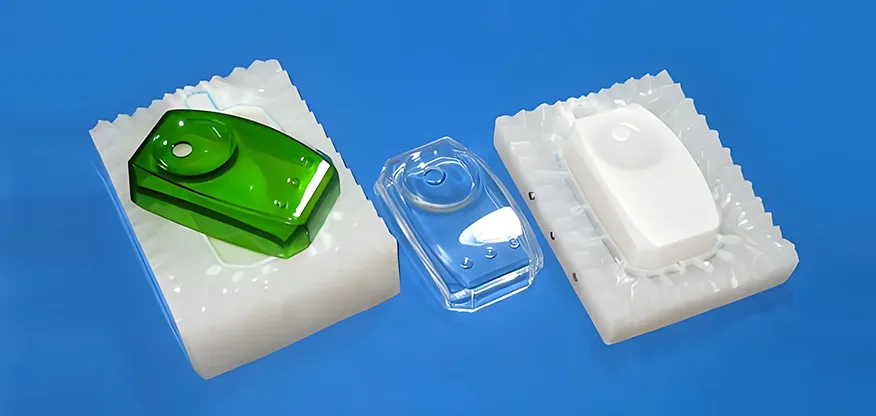
Consumer Goods Industry
In the consumer goods industry, vacuum casting is used to produce a variety of decorative items, kitchenware, bathroom products, etc. These products usually require a beautiful appearance and good durability, and vacuum casting can meet these requirements to ensure the quality and reliability of the products.
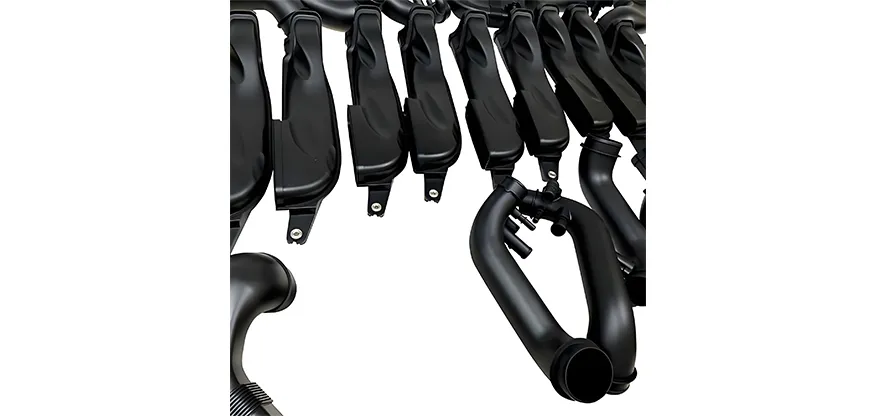
Sports Equipment Industry
In the sports equipment industry, vacuum casting is used to produce parts such as skis, bicycle frames, golf clubs, etc. These parts require high strength, lightweight, and good durability. Vacuum casting can produce castings with complex shapes and high requirements, reduce the porosity inside the castings, and improve the density and compactness of the castings.
Vacuum Casting Parts Manufactured By RT
See What Our Partners Say
Discover why customers from around the world are choosing our vacuum casting for their component needs. Read real-life experiences and see how we've met and exceeded their expectations.
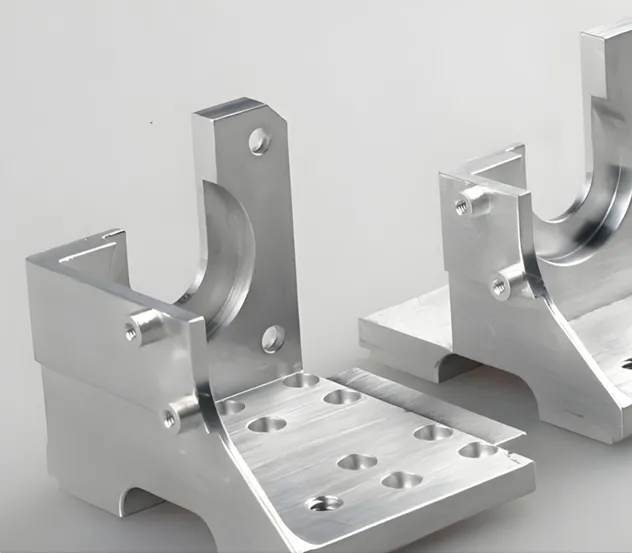
RT Manufacture Vacuum Casting Service FAQ
Do you provide vacuum casting drawing design services?
Hello, RT only provides silicone mold processing services and has not yet provided parts drawing design services.
How durable are silicone molds used for vacuum casting?
Silicone molds have good flexibility. During the demolding process, silicone molds are less likely to damage parts than rigid molds. It can adapt to a certain degree of part shape changes and can be reused many times. Generally, silicone molds can be used about 15 to 20 times under normal use conditions.
For example, when casting some plastic products with complex undercut structures, silicone molds can smoothly remove parts through their elastic deformation during demolding, and after multiple such operations, the mold can still maintain its basic shape and performance.
What are the limitations of vacuum casting?
The vacuum casting process has certain shortcomings. R&D personnel need to use mature design methods to ensure that a sufficient draft angle is set to allow the parts to be demolded smoothly. Similarly, special structures such as undercuts, deep ribs, and bosses should be avoided because they are easy to damage the softer silicone mold when the mold is opened and closed.
How cost-effective is vacuum casting?
Vacuum casting, also known as urethane casting, has cost advantages for small batch production. Compared with traditional die casting or sand casting, vacuum casting does not require a large amount of special equipment investment. Its mold cost is relatively low, especially when manufacturing some parts with complex shapes but small batches. For example, when manufacturing customized art sculptures or limited edition car parts models, vacuum-casting molds can be made relatively quickly and cheaply.
How accurate is vacuum casting?
Vacuum casting is a casting process performed in a vacuum environment. In this environment, liquid materials can fill the mold cavity more smoothly. Since there is no air obstruction, its accuracy can be high. Generally speaking, the dimensional accuracy can be controlled within ±0.1 - ±0.3mm for some small and relatively simple parts.
For example, when manufacturing some small aerospace parts, vacuum casting can accurately replicate complex internal cooling channels and thin-walled structures. These structures' wall thickness accuracy is very high, and vacuum casting can keep the wall thickness error within a small range to ensure the parts' performance.
Case Studies
Vacuum Casting Case: Porsche Headlight Prototypes
We used silicone molding technology to achieve a smooth Fresnel lens that cannot be achieved through CNC processing. The polished silicone parts achieved a 92% light transmittance, thus fooling Porsche's spectrometer.
Vacuum Casting Blog Resources
Blogs
News
Case Studies
Guidelines
Materials
Design Guides
CNC Machining
Thermoforming
Vacuum Casting
Injection Molding
Sheet Metal Fabrication
Oct 15, 2025
What is Teflon surface treatment?
In this article, we'll break down each step of the Teflon process, detail which materials can (and can't) be Teflon-coated, and explain why this treatment technique changes the game for part surfaces.
Jul 24, 2025
That unassuming "right angle" marked on your issued drawing could secretly plant the seeds of product failure, cost explosions, or even customer claims.
Apr 20, 2025
How Does CNC Machining Drive Innovation in Automotive Parts Manufacturing?
CNC machining, with its high precision and efficiency, is reshaping the automotive parts manufacturing industry. This article will explore the applications of CNC milling and turning in the automotive sector and how they help manufacturers achieve lighter, more durable components.
Oct 29, 2025
Global Supply Chain Shifts: How Chinese Machining Suppliers Deliver Value and Reliability
Explore how China's machining sector combines advanced technology with supply chain resilience to provide precision parts and custom machining solutions in evolving global markets.
Oct 22, 2025
How Custom Part Manufacturing is Revolutionizing the Medical Equipment Industry
In the ever-evolving landscape of healthcare, medical equipment stands as the backbone of moder diagnosis and treatment.
Jun 12, 2025
The Key Role of Sheet Metal Processing in Home Appliance Manufacturing
This blog breaks down how sheet metal processing—and its related techniques like sheet metal manufacturing shape the appliances we use every day, and why it’s irreplaceable in appliance production.
Jun 30, 2025
CNC Machining Case: DJI Drone Motor Mounts
Learn about our exciting story of drone manufacturing with DJI Innovations. Our large-scale aerospace precision manufacturing can achieve monthly batch production of up to tens of thousands of units.
Jun 30, 2025
Sheet Metal Case: Schneider Electric Server Racks
Leverage our sheet metal fabrication technology to produce batches of critical sheet metal parts for a data armor giant, using 22% less material than the industry average.
Jun 30, 2025
Injection Molding Case: Medtronic Insulin Pump Housings
It took us just over a month to produce exquisite injection-molded crafts, and we have produced more than one million pieces so far.
Oct 29, 2025
Navigating Tariff Wars: A Strategic Guide to Sourcing Custom Machined Parts
Facing supply chain disruptions from trade conflicts? Discover how to secure reliable custom machining solutions through strategic partnerships, regional diversification, and technical collaboration. Learn about RT Manufacture's resilient approach.
Oct 15, 2025
Top 5 Trends Shaping Custom Part Manufacturing in 2024&2025
In 2024-2025, custom parts manufacturing is undergoing a tech-driven revolution, with CNC machining, sheet metal fabrication, silicone molding, and injection molding leading the transformation of how custom manufactured parts are produced.
Jun 17, 2025
Thermoforming vs. Injection Molding: Which is Best for Your Project?
Compare thermoforming vs injection molding for custom parts—learn key differences in process, cost, materials, and applications (medical, automotive). Find the right method for your project.
Jun 12, 2025
The Future of Injection Molding Technology: From Home Appliances to Aerospace
This blog explores the key trends shaping the future of injection molding, how they’re tailored to home appliances and aerospace, and what custom parts manufacturers need to know to stay ahead.
Mar 22, 2025
Aluminum vs. Stainless Steel: Choosing the Right Material for CNC Custom Parts
Compare aluminum (6061-t6, 7075-t6 alloy) vs. stainless steel (304, 316) for CNC custom parts. Learn about machinability, corrosion resistance, cost, and uses (aerospace, medical).
Jun 17, 2025
Designing for CNC Machining: Tips for Precision and Efficiency
Learn how to optimize your designs for CNC machining to reduce costs and improve quality.
Jul 24, 2025
With the continuous innovation of society and technology, the demand for skilled CNC operators in the manufacturing industry will continue to grow.
Jul 24, 2025
CNC Guide: What is CNC Milling?
If technology is always improving, then CNC milling will never stop. In today's society, many products we use in our lives are inseparable from CNC milling.
Jul 24, 2025
CNC turning is an indispensable part of CNC machining. In this article, we will conduct an in-depth discussion to give everyone a clear understanding of CNC turning.
Oct 16, 2025
Thermoforming vs. Injection Molding: Choosing the Right Solution for Custom Plastic Projects
This guide breaks down exactly how the thermoforming & injection molding process works and how to choose the right one for your work.
Jul 24, 2025
Thermoforming Technology Explained: A Comprehensive Guide from Principles to Applications
In modern manufacturing, thermoforming stands out as a highly efficient and adaptable plastic processing technique. From transparent food containers in supermarkets to intricately designed automotive dashboards, this technology plays a pivotal role. As a parts manufacturer specializing in vacuum forming, we invite you to explore how thermoforming transforms ordinary plastic sheets into versatile, functional products.
Jul 24, 2025
This blog will delve into the details of vacuum casting, its workflow, types, materials, etc. Let you understand this special process of vacuum casting.
Jun 17, 2025
Vacuum Casting for Prototyping: Why It's a Game-Changer
Discover why vacuum casting is a game-changer for prototyping. Our guide covers the vacuum casting process, benefits of polyurethane vacuum casting, and how to choose a service for high-quality prototypes.
Jul 24, 2025
In this blog, we will explore the complexity of injection molding, its principles, processes, materials, applications, and more. Click to see more.
Jun 17, 2025
Injection Molding for High-Volume Production: What You Need to Know
Learn how to optimize high volume injection molding—from simulation and tolerances to surface finish and system design. Partner with the best injection molding company for scalable success.
Jul 24, 2025
With the continuous development of social progress, in the modern sheet metal processing industry, metal stamping technology can be said to be rich and colorful.
Jul 24, 2025
In sheet metal manufacturing, metal can be cut. In addition to several common cutting processes, there is also a more common and special cutting process - the sheet metal shearing process.
Jul 24, 2025
In the field of manufacturing and processing, sheet metal cutting plays a vital role. It can be said that the sheet metal cutting step is the most basic operation in manufacturing sheet metal parts.
Our Other Manufacturing Capabilities
Simply upload your design files to get a detailed quote!
What Are You Waiting for?
We Are Here

Simply upload your design files to get a detailed quote!
Get In Touch With Us
